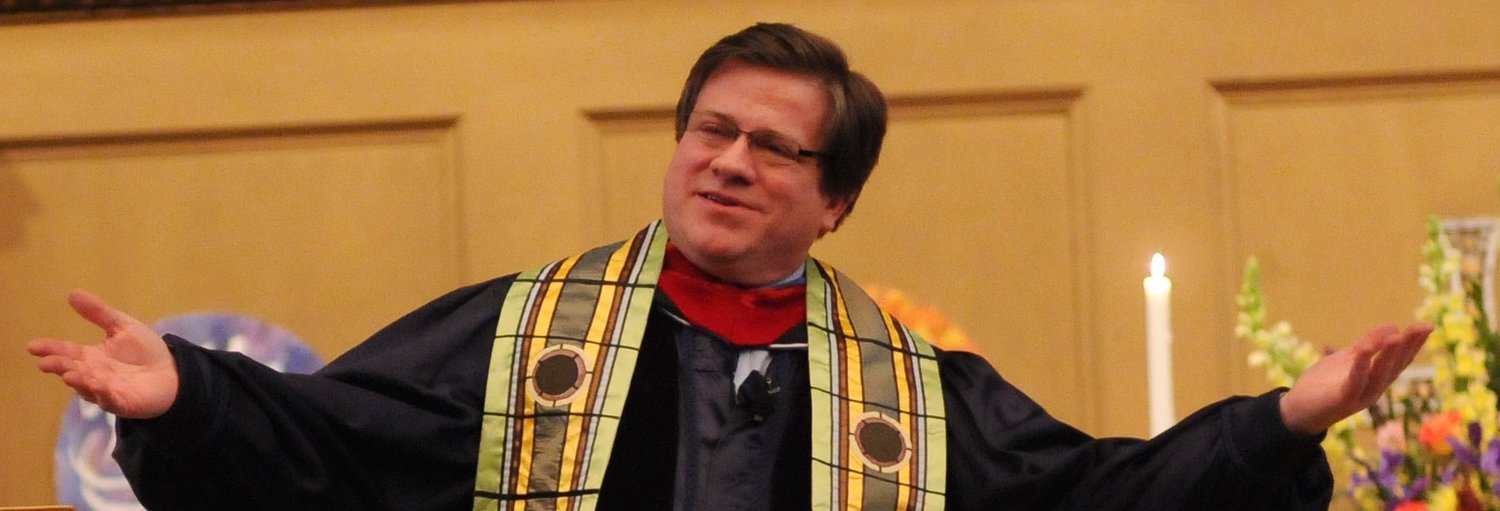For the Inward Journey, Day Thirty
Life Must Be Experienced
In many ways modern man lives his life as a bystander. Again and again we are several steps removed from the primary experiences of living. When a person becomes critically ill, under most circumstances he is taken from the bosom of his family to a hospital. Here he is given the kind of care and treatment that would be impossible in the home. And this is good. But it means that all of the experience of tenderness that comes from having to care for the sick is denied us. We have little of the winnowing of character that exposes life to the elemental nobility of human nature at bay. The care of the sick often purges the life of self-centeredness and hardness of heart.
When there is a death in the family, the body is removed to the funeral establishment. It is no longer the shared responsibility of the members of the family to prepare the body for burial. Many persons live their entire lives without ever seeing a human being die. There is available to us no primary contact with the experience of death as a part of the common life. The great and tragic exception occurs during vast violences like war or the kinds of disaster mentioned in bills of lading as Acts of God. Life and death are seen more and more as two separate entities; we cling to one and fear the other.
All of this adds up to a profound distrust of life itself. Life is seen then as something to conquer, to struggle with and against. Life is the enemy. It is not to be embraced, to be lived. Hence we creep through our days, reacting to our world as if our faith were in magic, rather than in life. Man must experience life, he must feel it run through his whole being that life belongs to him and he to life. The experience of life, not in life, will teach a man not to fear life but to love life. He discovers that the test of life in him is to be found in the amount of pain, of frustration, he can absorb without spoiling his joy in living. To keep alive an original sense of aliveness is to know that life is its own restraint and a man is able to stand anything that life can do to him. This is what religion means by faith in God. “O men, how little you trust God.”
(For the Inward Journey: the writings of Howard Thurman.
Selected by Anne Spencer Thurman. pages 22-23
Originally published in The Inward Journey)`
Writing on a Thursday morning is a full time. Wednesday is my day off, and I am blessed when I can set aside things to do on a day off that are a little more than cleaning the kitchen and a load of laundry. (Although those must be done!) It is especially rewarding when I can spend time deepening a relationship, and perhaps experiencing something new.
My sister Donna has been visiting for a few days. We did a lot of walking yesterday (her FitBit recorded some 22,000 steps) as we walked to the park sat the site of the 1964 World’s Fair. We walked under the elevate 7 Train, found an Ecuadorean bakery at which to have coffee and breakfast, and then the trek to the Unisphere. We were a little early for the opening of the Queens Museum, so we walked the park to see the Rocket Thrower and the exteriors of the Queens Theater, the New York State Pavilion and the Tent of Tomorrow, and a sunny if a little chilly beautiful day in Queens.
We did get into the Museum and discovered that there is an extensive exhibition on revisiting the World’s Fair on its sixty year anniversary, and I loved how it took a contemporary eye to some of its assertions of a better future through American industry and tourism. I loved the wall of protest that captured the many ways the project was engaged, from picket lines regarding who was getting hired (and who not) in the construction of the fair, to traffic jams created to call attention to social needs such as slum clearance and better wages, to the laws passed to prohibit free speech on the fairgrounds. Not just a nostalgia trip!
It was wonderful to walk the Panorama of New York—twice!—and to simply marvel at the size of the model and its scope. I figured out the ways I get from Baltimore to Queens (via Staten Island, often, or alternatively by the George Washington Bridge or occasionally a tunnel), about where I rented a room in Glen Oaks and now a small apartment in Elmhurst. By a little extrapolation in the dark spaces that represent the beginnings of Nassau County, we even imagined where Shelter Rock might be.
I’m loving living in New York more and more. Not enough to abandon my dear Baltimore, not enough to stop fantasizing about what a return to Rhode Island might entail; but loving my work, loving my relationships in the community, and loving just strolling a livable neighborhood of people who walk their dogs and smile. Thurman says “The experience of life, not in life, will teach a [person] not to fear life but to love life.” That, I think, is how I experience joy in living. Having family, yes; having meaningful employment, yes; having a practice of morning quiet, yes; and then an experience of life. For this I am extremely grateful.
